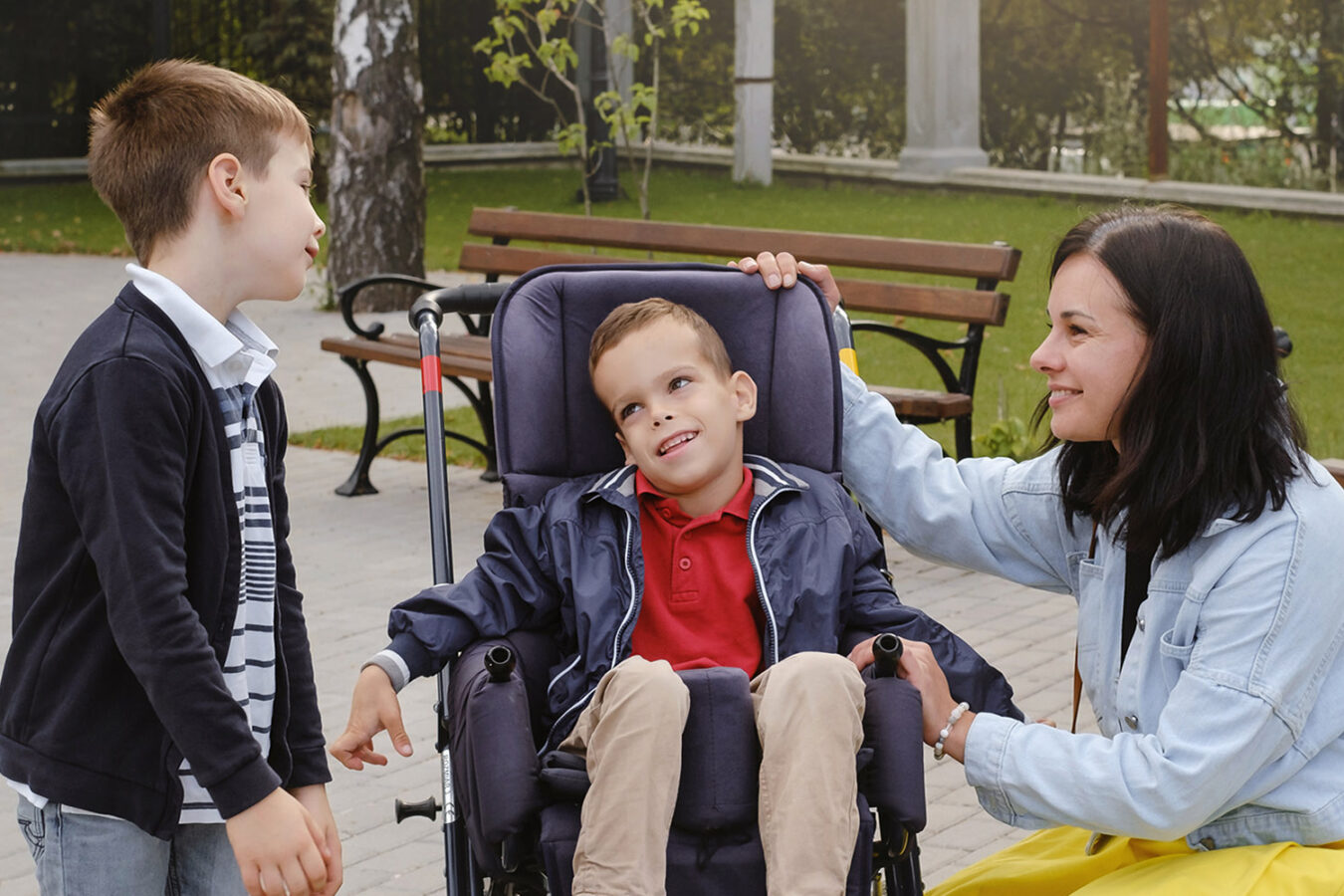
New research shows that 'digital natives' don't prefer screens for reading, the case for gender neutral school uniforms, and how dogs can help struggling readers – our selection of thought-provoking and useful articles from around the web on educating and raising children.
Children prefer to read books on paper rather than screens
(Margaret Kristin Merga and Saiyidi Mat Roni, The Conversation)
The term ‘digital natives’ was coined in 2001 – young people who have high digital literacy and prefer screen-based reading. But what if this assumption is wrong? Two Australian academics declare in this article that the contention that screens are preferred is not backed by evidence. As they note, the myth has already had a big impact on book resourcing decisions at school and public libraries.
School uniform changes would have a big impact
(Mary Barry, The Age)
The issue of the same uniforms for both girls and boys has come to the fore again with this thought-provoking article by the CEO of Our Watch, a national organisation to prevent violence against women and their children. Barry draws on her own experience growing up, before looking at the uniform question in the broader context. The seemingly ‘small’ issue of unequal status regarding clothing is part of a broader landscape of gender inequality across society, she argues.
How dogs could make children better readers
(Gill Johnson, The Conversation)
As dog lovers will attest, our furry four-legged friends deliver many benefits. Among them, it has emerged, is helping children who are struggling to read. Those children need to build confidence and rediscover a motivation for reading, and who better to read to than a dog? ‘A dog is a reassuring, uncritical audience who will not mind if mistakes are made,’ writes Johnson. A dog won’t interrupt or make comments.
Exercise levels decline ‘long before adolescence’
(BBC)
The idea of that adolescence is the beginning of the end for exercise has been challenged by a study published in The British Journal of Sports Medicine, which suggests it happens much earlier, around the age of seven. Sitting, the research suggests, is replacing physical activity from the time children start school.
Like this post? Please share using the buttons located on the right of the page.
You can also subscribe to The Parents’ Website and get regular updates straight to your inbox.


